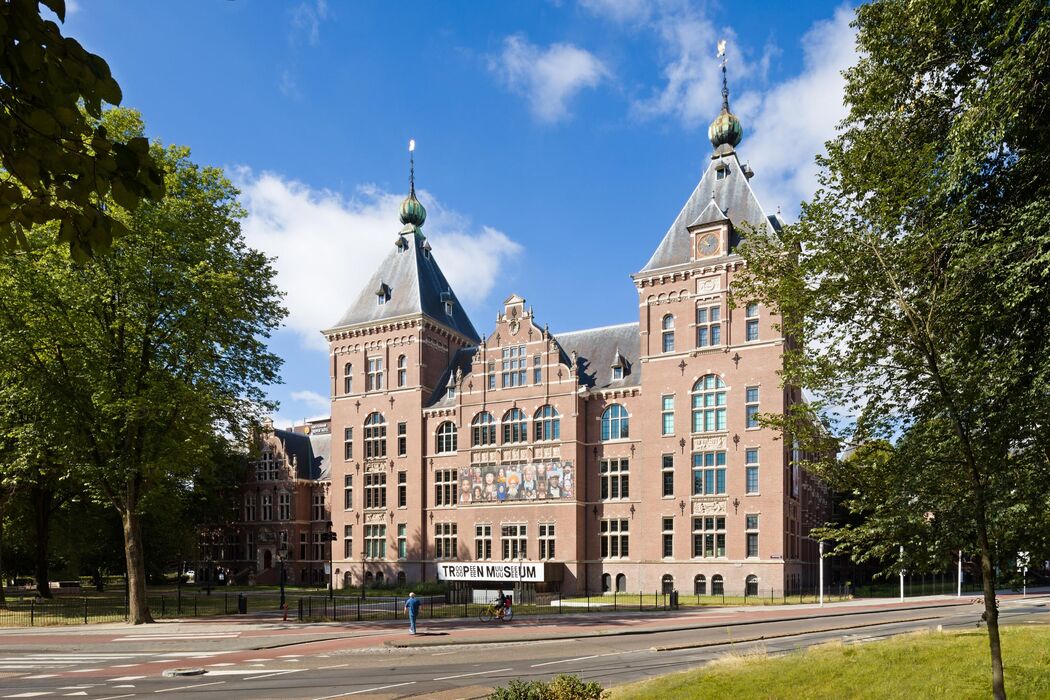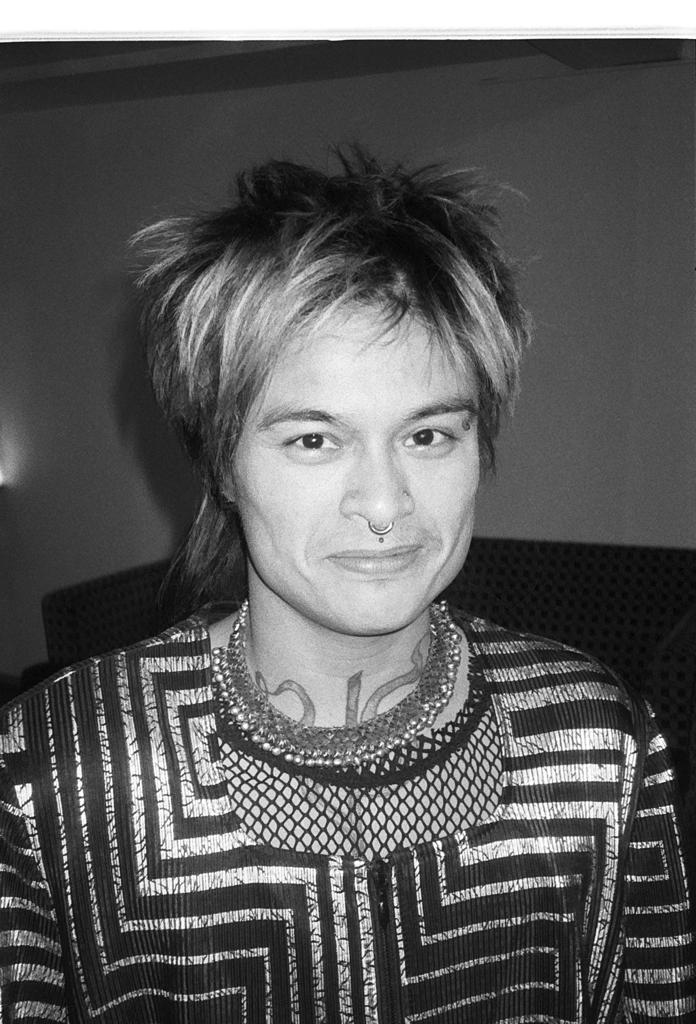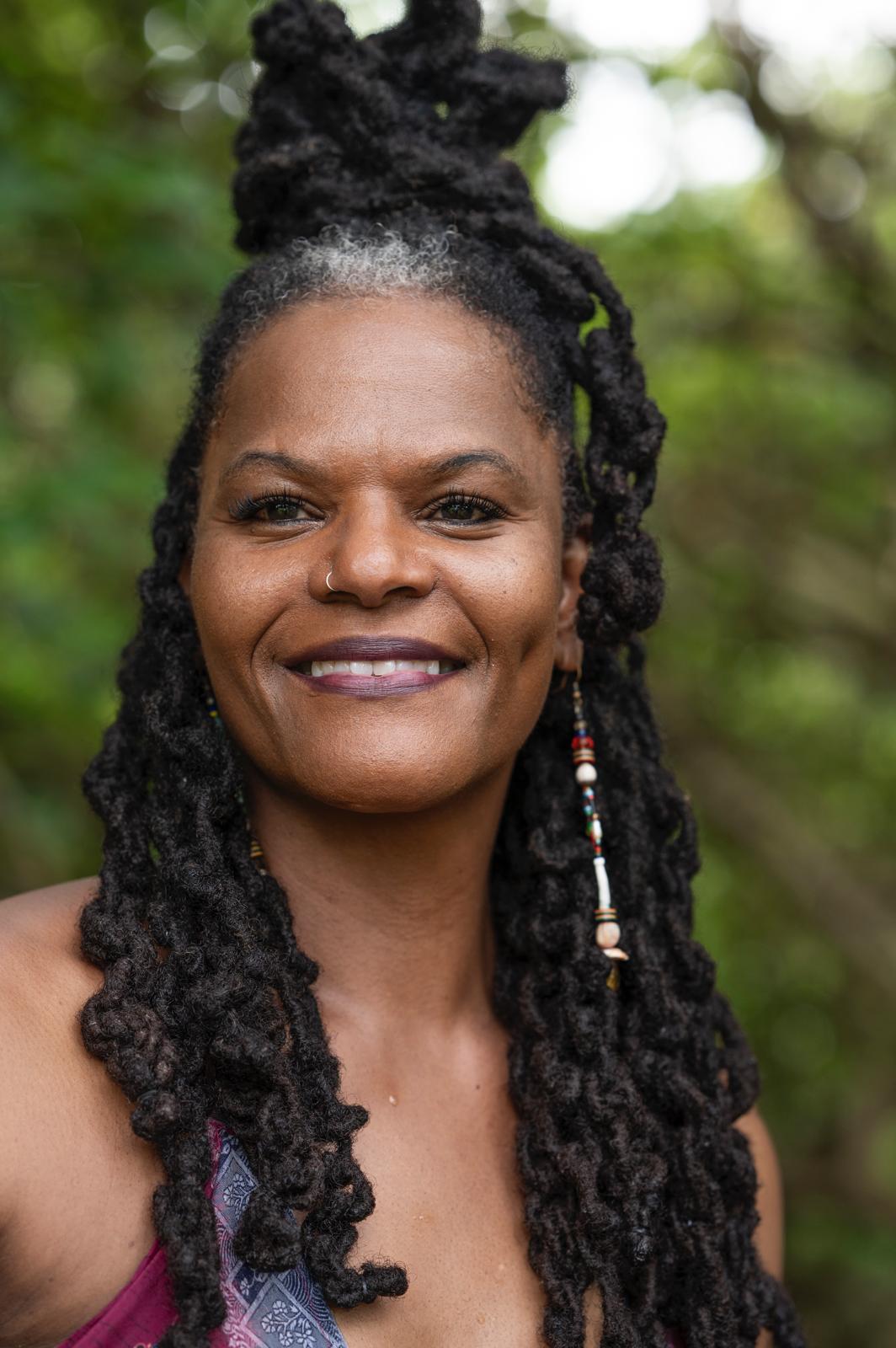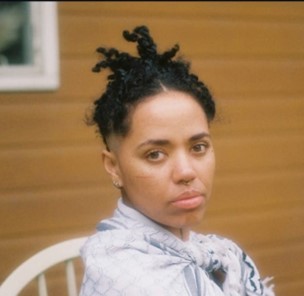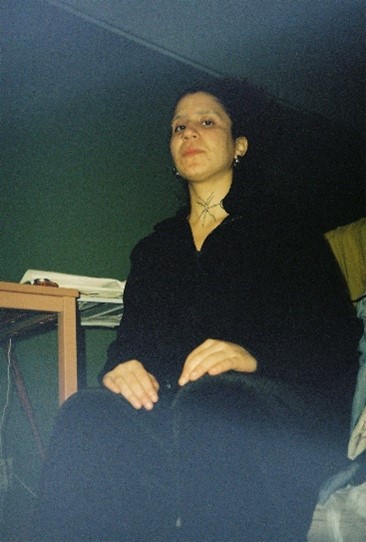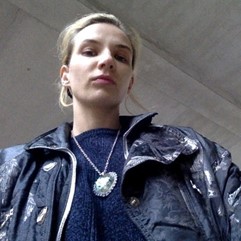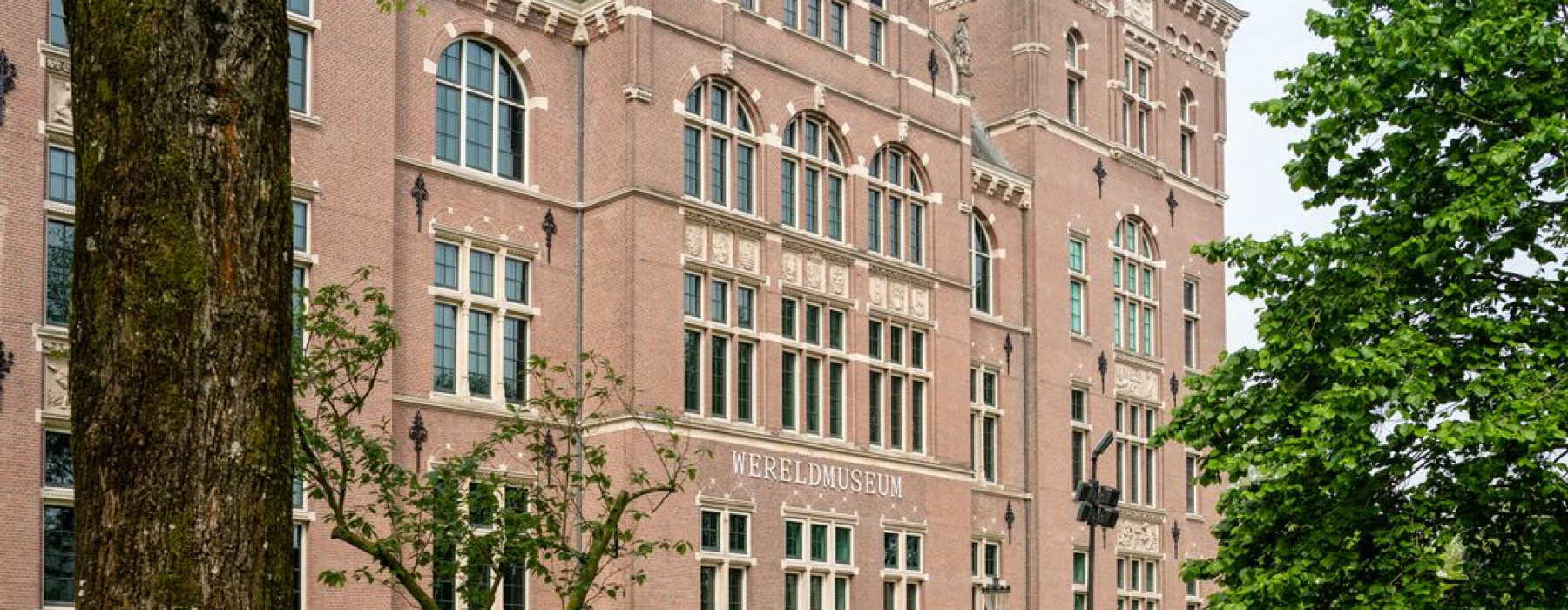
Embodied solidarity as resistance. This is at the center of our new workshop series titled “There is Nothing to Fix. You Just Have to Let it Rock." We organize this community collaboration with friend and artist Raoni Muzho Saleh. Raoni chose this quote by artist and writer, Martin Prechtel as the title of the series to signal what is at the core of it; “feeling your emotions by being rocked by them instead of dispossessing yourself from your human experience by way of fixing your emotional turmoil”. The main theme Raoni chose for this series is the transformative power of rage and grief. Not only as emotions and responses to the world that we feel individually, but as necessary for our ability to create collective, liberatory change. He gave the first two workshops of this series titled "Connecting to our Rage as The Eternal Fire Within: Stewarding our Responses and Responsibility to the World” and “Connecting to the Grief under the Rage”, which introduced the connection between the personal and political dimensions of grief and rage. The other artists invited by Raoni are A.E.Z. Pinay, Anllel Maria and Laima Jaunzema. Their workshops take place on May 11, May 25 and June 13 respectively.
We are happy to announce that one of our research fellows for this year, Dr Yanique Hume, will also contribute with a workshop (date to be confirmed). The series will close with a public conversation about the transformative and political power of grief and rage in July at Wereldmuseum Amsterdam. We will share more about the upcoming events in this series and how you can sign up for them in our future newsletter and website soon.
This program is inspired by the conversations we had with our collaborators in 2024 - Rethinking Wellness and Communal Embodied Practices specifically– in which we looked at ways to decenter thinking and working with the body from the notion of individualistic self-actualization. Instead we put the focus on imagining communal embodied practices as a necessity for our individual and collective awareness of the political and social climate around us, making it possible to build community and affect change collectively. This year we build on these moments of collective reimagining with the interactive workshop program “There is Nothing to Fix. You Just Have to Let it Rock." It is one of the community collaboration projects we do at Research Center for Material Culture that are an evolving practice of creating space for the creative agency for members of historically marginalized communities in the museum.
